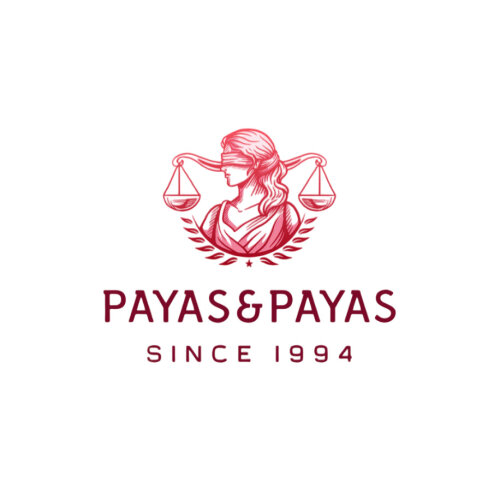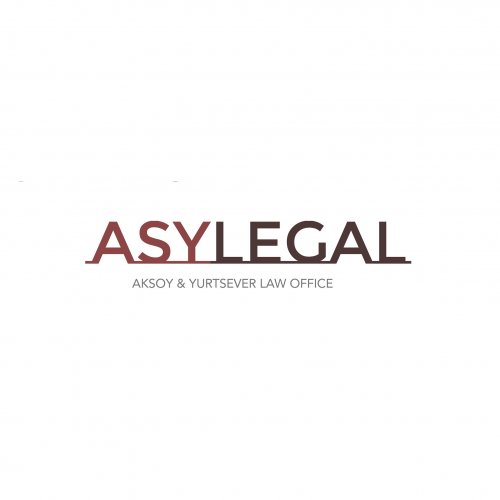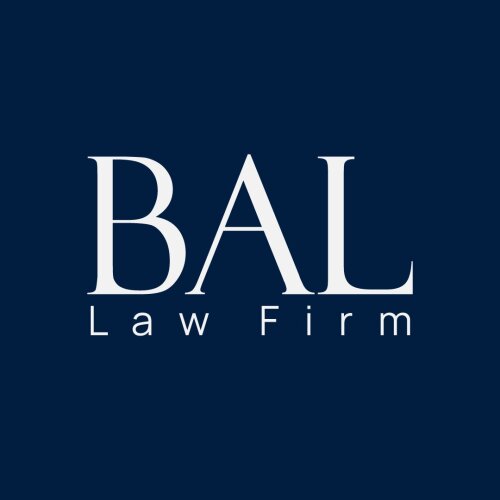Best Debt & Collection Lawyers in Turkey
Share your needs with us, get contacted by law firms.
Free. Takes 2 min.
Or refine your search by selecting a city:
List of the best lawyers in Turkey
Turkey Debt & Collection Legal Articles
Browse our 1 legal article about Debt & Collection in Turkey written by expert lawyers.
- Navigating Corporate Debt in Turkey: A Guide for Businesses
- In today's challenging economic climate, many businesses in Turkey find themselves struggling with commercial debt. Whether your company is dealing with business loans, trade liabilities, or other financial obligations, understanding the available debt relief options is crucial for regaining financial stability and ensuring operational viability. This guide explores the various... Read more →
About Debt & Collection Law in Turkey
Debt and Collection Law in Turkey is governed by civil law principles and specific statutes like the Enforcement and Bankruptcy Law (EBL). This legal framework dictates the procedures for enforcing payment obligations, protecting creditor rights, and offering recourse to debtors. The law aims to balance the interests of creditors seeking payment and debtors who need protection against unjust collection practices. Turkish law provides a structured legal process for both voluntary compliance and compulsory enforcement through courts.
Why You May Need a Lawyer
There are several circumstances where you might require legal assistance in the field of debt and collection in Turkey:
- Unpaid Debts: If a debtor fails to fulfill their payment obligations, creditors may need legal assistance to recover the owed amount.
- Debt Disputes: Debtors disputing the validity or amount of the claimed debt can benefit from legal guidance.
- Bankruptcy Proceedings: In cases where a debtor is unable to pay off their debts, lawyers can assist with filing for bankruptcy or negotiating terms.
- Negotiation and Mediation: Lawyers can help negotiate settlements or mediate disputes between creditors and debtors.
- Improper Collection Practices: If a debtor experiences harassment or illegal collection practices, legal intervention may be necessary.
Local Laws Overview
The key aspects of local laws relevant to Debt & Collection in Turkey include:
- Enforcement and Bankruptcy Law (EBL): This is the primary legislation governing debt enforcement and bankruptcy in Turkey, outlining procedures for compulsory execution and liquidation of assets.
- Commercial Code: It contains provisions relevant to commercial debts and protection of creditors' rights in commercial transactions.
- Consumer Protection Law: Offers rules against unfair collection practices and deceptive acts, safeguarding consumer debtors.
- Conciliation and Mediation: Alternative dispute resolution methods like mediation are encouraged to resolve disputes without court intervention.
- Judicial Proceedings: Courts can become involved in debt collection through lawsuits, issuance of payment orders, and enforcement proceedings.
Frequently Asked Questions
What legal steps can a creditor take to collect a debt in Turkey?
A creditor can file a legal claim with the enforcement office for a payment order or initiate a lawsuit in civil courts to seek recovery of the debt.
How does the bankruptcy process work in Turkey?
In Turkey, bankruptcy proceedings involve submitting a petition to the court, after which a trustee is appointed to manage the debtor’s assets for distribution among creditors.
Can a debtor dispute a claimed debt?
Yes, a debtor can dispute the debt amount or validity by submitting a written objection to the enforcement office within the specified deadline, leading to a court review.
What actions are considered illegal under debt collection practices?
Harassment, threats, misinformation, or inappropriate communication by collection agencies are considered illegal and can be challenged under Turkish law.
Is mediation a viable option for debt disputes in Turkey?
Yes, mediation is encouraged as a faster and less adversarial alternative to resolve conflicts between creditors and debtors.
How can a debtor avoid bankruptcy?
Negotiating a settlement or restructuring the debt with creditors can prevent bankruptcy. Legal advice is crucial to evaluate these options.
What is the statute of limitations for debt collection in Turkey?
The statute of limitations for debt collection generally ranges from 5 to 10 years, depending on the nature of the debt.
Are there any protections for consumers against unfair debt collection practices?
Yes, consumer protection laws in Turkey provide measures against unfair and aggressive debt collection tactics.
How can a creditor enforce a foreign judgment in Turkey?
A foreign judgment can be enforced in Turkey through a recognition and enforcement process in Turkish courts, if it meets specific legal criteria.
Can legal proceedings be avoided through payment agreements?
Yes, agreements negotiated outside of court can prevent legal proceedings if all parties consent to the terms and conditions mutually.
Additional Resources
Consider reaching out to the following resources for additional help in the field of debt and collection in Turkey:
- Ministry of Justice: The governmental body overseeing legal processes and judiciary matters.
- Turkish Bar Association: A professional body offering referral services to qualified lawyers experienced in debt and collection cases.
- Consumer Protection Associations: Organizations that provide assistance and advocacy for consumers facing unfair collection practices.
Next Steps
If you find yourself in need of legal assistance in debt and collection matters, consider the following steps:
- Consult a Lawyer: Contact a lawyer specializing in debt and collection law to discuss your case and receive tailored legal advice.
- Gather Documentation: Prepare any relevant documentation, such as contracts, payment records, and correspondence, for your lawyer’s review.
- Explore Dispute Resolution: Consider mediation or negotiation as potential avenues to settle disputes amicably.
- Stay Informed: Keep abreast of any developments or changes in the legal framework applicable to your situation.
Lawzana helps you find the best lawyers and law firms in Turkey through a curated and pre-screened list of qualified legal professionals. Our platform offers rankings and detailed profiles of attorneys and law firms, allowing you to compare based on practice areas, including Debt & Collection, experience, and client feedback.
Each profile includes a description of the firm's areas of practice, client reviews, team members and partners, year of establishment, spoken languages, office locations, contact information, social media presence, and any published articles or resources. Most firms on our platform speak English and are experienced in both local and international legal matters.
Get a quote from top-rated law firms in Turkey — quickly, securely, and without unnecessary hassle.
Disclaimer:
The information provided on this page is for general informational purposes only and does not constitute legal advice. While we strive to ensure the accuracy and relevance of the content, legal information may change over time, and interpretations of the law can vary. You should always consult with a qualified legal professional for advice specific to your situation.
We disclaim all liability for actions taken or not taken based on the content of this page. If you believe any information is incorrect or outdated, please contact us, and we will review and update it where appropriate.
Browse debt & collection law firms by city in Turkey
Refine your search by selecting a city.

















